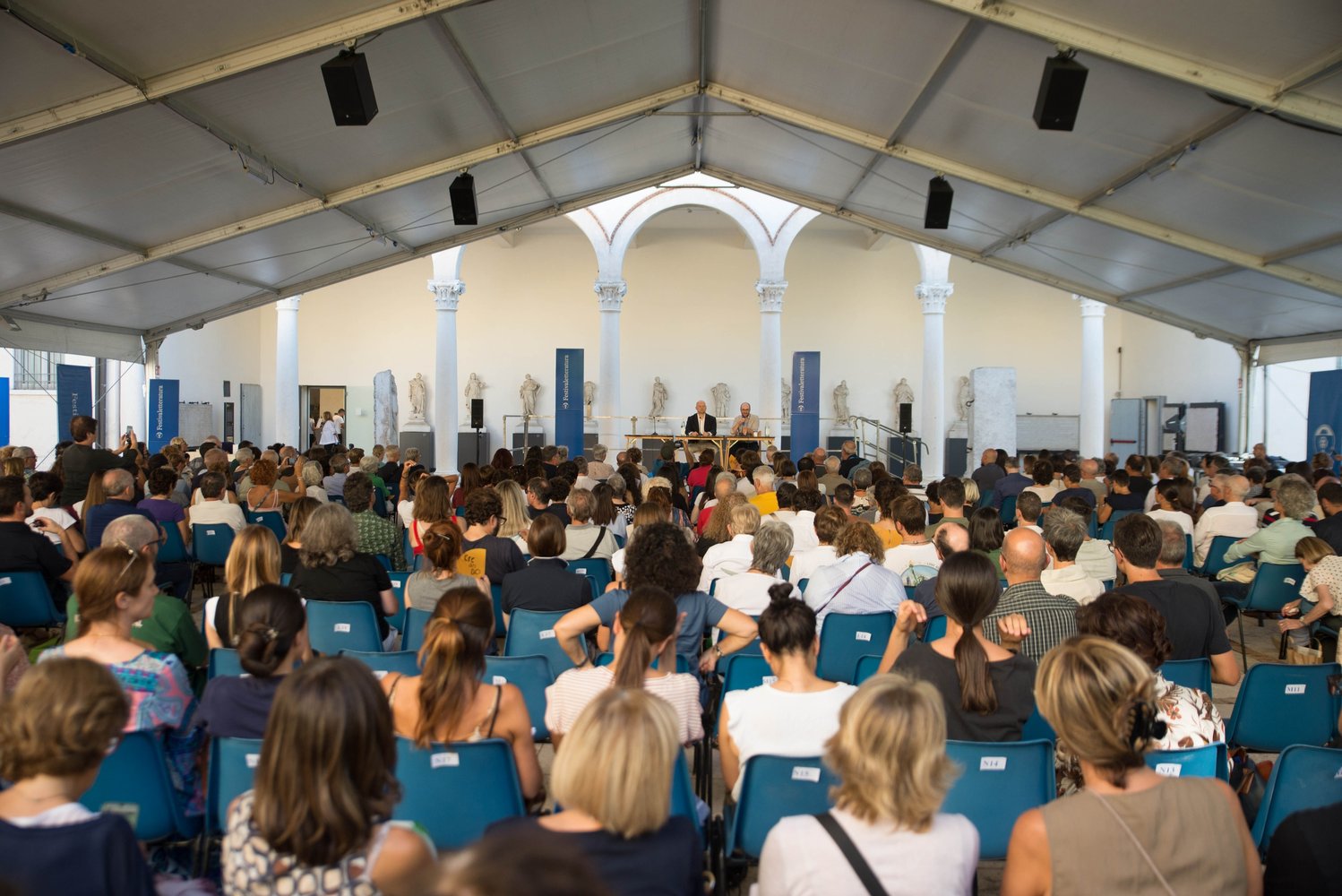



What Do You Live For?
After the collapse of the USSR, Francis Fukuyama famously declared the "end of history", a point of no return for political systems. Democracy had won. When the tanks rolled across the Ukrainian border on the 24th of February 2022, the cracks in this thesis were apparent once again.
Mantua's applause is long and unabating. It shows support and respect - but also gratitude. The audience is grateful Yaroslav Trofimov is here, interviewed by Luca Misculin, to talk and share the intimate perspective that only a native can, on the war that has shaken Europe’s foundations for three years now. Trofimov reciprocates this warmth, all too often missing from politics: "The use of the word chessboard", he elaborates, "diminishes Ukrainians. We are people. Flesh and blood". His books Our Enemies Will Vanish and No Country for Love are a testament to this.
Ukraine has traversed a tempestuous history. A brief alliance with the Nazis during World War II, systematic pogroms, and suppression by the Soviets in instances such as the Holodomor. Trofimov is aware of this. Yet bloodshed cannot affect what he holds to be the true Ukrainian ideal: liberty. From the initial optimism of 1930s Kharkiv towards the USSR, to Russia's modern-day vow to erase Ukrainian identity and indoctrinate its youth with a process of Russianisation, Ukraine doesn’t just survive, Trofimov promises, it persists.
"Do you think we have forgotten about Ukraine?" an audience member asks. Maybe the media has, but history won't, Trofimov assures.
The arches of Palazzo San Sebastiano, spacious as they are, seem to offer little room for amnesia. The audience is enthralled with Trofimov, as is Misculin. Trofimov invites us to staunchly reject the expression "pro-peace". Ukrainian grit and vitality show that there is deep honour in a people willing to die and - even more importantly - live for what is theirs. As Trofimov summarises it, if there's peace to be had, let it be "that of the grave".